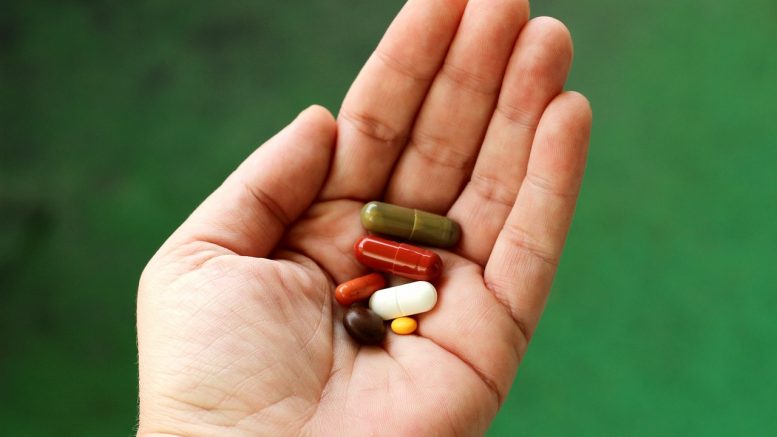The US Food and Drug Administration has approved a drug that’s intended to protect people who have been exposed to measles or hepatitis A. The drug is intended to combat the illnesses in place of vaccinations which “may take weeks to work” after a recent exposure.
Pharmaceutical company Grifols is behind the drug, GamaSTAN®, an immune globulin product that works post-exposure. The product has the potential of causing serious side effects. This is taken from the package insert:
GamaSTAN S/D is made from human plasma. Products made from human plasma may contain infectious agents, such as viruses, and, theoretically, the Creutzfeldt-Jakob Disease (CJD) agent that can cause disease. The risk that such products will transmit an infectious agent has been reduced by screening plasma donors for prior exposure to certain viruses, by testing for the presence of certain current virus infections, and by inactivating and/or removing certain viruses. Despite these measures, such products can still potentially transmit disease. There is also the possibility that unknown infectious agents may be present in such products. Individuals who receive infusions of blood or plasma products may develop signs and/or symptoms of some viral infections, particularly hepatitis C.
“Vaccination, while a valuable option for hepatitis A and measles post-exposure prophylaxis, may take several weeks to take effect as your immune system works to build the antibodies it needs to fight these viruses,” said Stephen Scholand, M.D., an infectious disease specialist at MidState Medical Center, said in a statement. “Immune globulins such as GamaSTAN® have been a valuable treatment option for many decades because they offer immediate and rapid protection with antibodies that fight infection.”
The drug is intended for people over the age of 40 who are exposed to measles or hepatitis A.
“The CDC also recommends that immune globulin should be used for children aged less than 12 months, immunocompromised persons, persons with chronic liver disease and persons who are allergic to the vaccine or a vaccine component. When administered within 2 weeks after exposure to HAV, immune globulin is 80 to 90 percent effective in preventing hepatitis A infection.”
An immune globulin is intended to reduce the severity of the condition. Is it worth taking on this risk to avoid a few days of fever, cough and rash, followed by a lifetime of immunity? Contracting measles at the appropriate age of 7 to 11 years would eliminate the necessity of this medication.
Of course, health officials still believe older adults should get a booster of each of these vaccines.
Note: Updated from first publication of Sept. 2018 on Vaxxter.com

